The Best Therapeutic Teas - part 2
In this second part of "What are the best therapeutic teas?", I will continue to describe and highlight the beneficial properties of other herbal teas.
Peppermint Tea
Peppermint tea is a popular herbal tea made from the leaves of the peppermint plant (Mentha piperita). It has a refreshing, minty flavor and is often consumed for its potential health benefits.
Please watch the video: What Are The Best Therapeutic Teas?
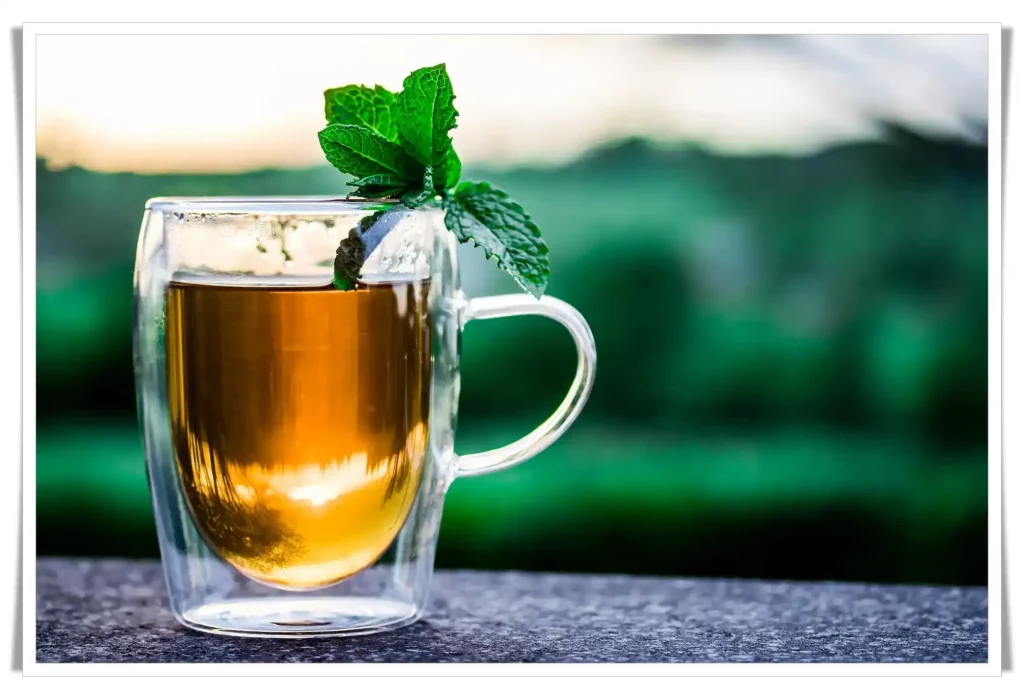
The Best Therapeutic Teas - part 2
Peppermint tea is also believed to have anti-inflammatory and pain-relieving properties. It may help to relieve headaches, muscle aches, and other types of pain. It has also been shown to improve symptoms of irritable bowel syndrome (IBS) by reducing abdominal pain and bloating.
In addition to its digestive and pain-relieving properties, peppermint tea may also have other potential health benefits. Some research suggests that it may help to boost the immune system, improve mental clarity and focus, and reduce stress and anxiety.
Please watch the video: What Are The Best Therapeutic Teas?
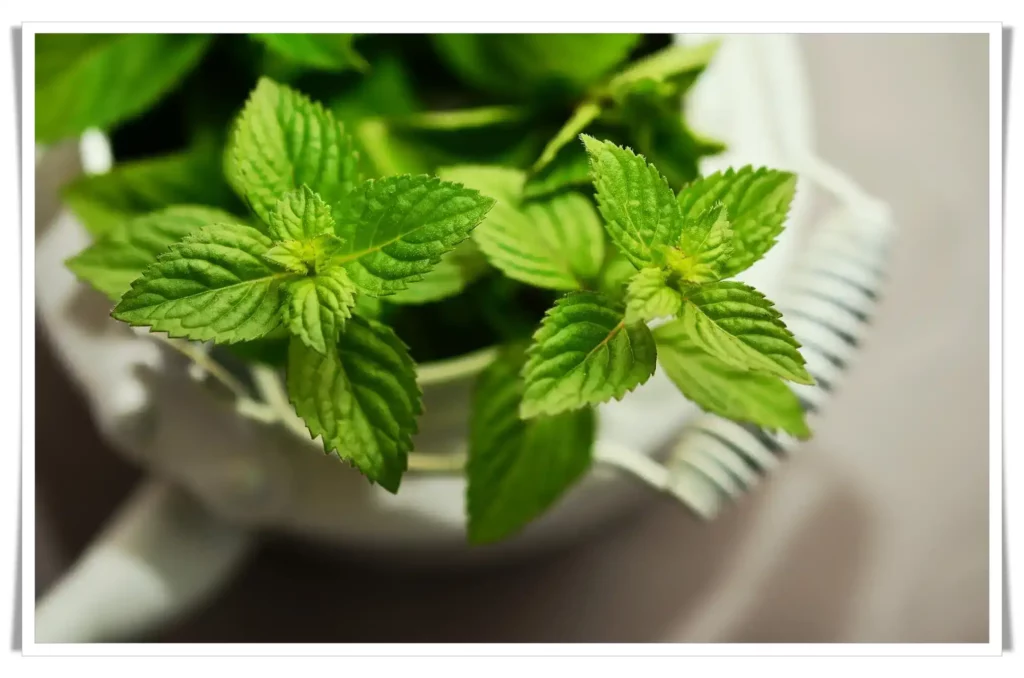
The Best Therapeutic Teas - part 2
It is important to note that while peppermint tea may have potential health benefits, it is not a cure-all and should not be used as a replacement for traditional medical treatment. If you are considering adding peppermint tea to your diet, it is always a good idea to consult with a healthcare professional to ensure it is safe for you.
Peppermint tea properties
- Peppermint tea is a great choice if you are looking for a refreshing drink that can help clear your head and relax your muscles.
- It is also good for treating sore throats and helping to relieve headaches.
- The peppermint flavor is strong, so you will need to adjust the amount that you use if you are using it as a beverage for someone else.
- It can improve your mental focus and concentration.
- It is also good for treating nausea, toothaches, and headaches.
Peppermint tea may also have other potential health benefits. Some research suggests that it may help to boost the immune system, improve mental clarity and focus, and reduce stress and anxiety.
Peppermint tea is generally considered safe for most people when consumed in moderation. However, it may interfere with certain medications and may not be suitable for everyone. If you are pregnant, breastfeeding, or have a history of allergies, it is important to consult with a healthcare professional before adding peppermint tea to your diet.
Please watch the video: What Are The Best Therapeutic Teas?
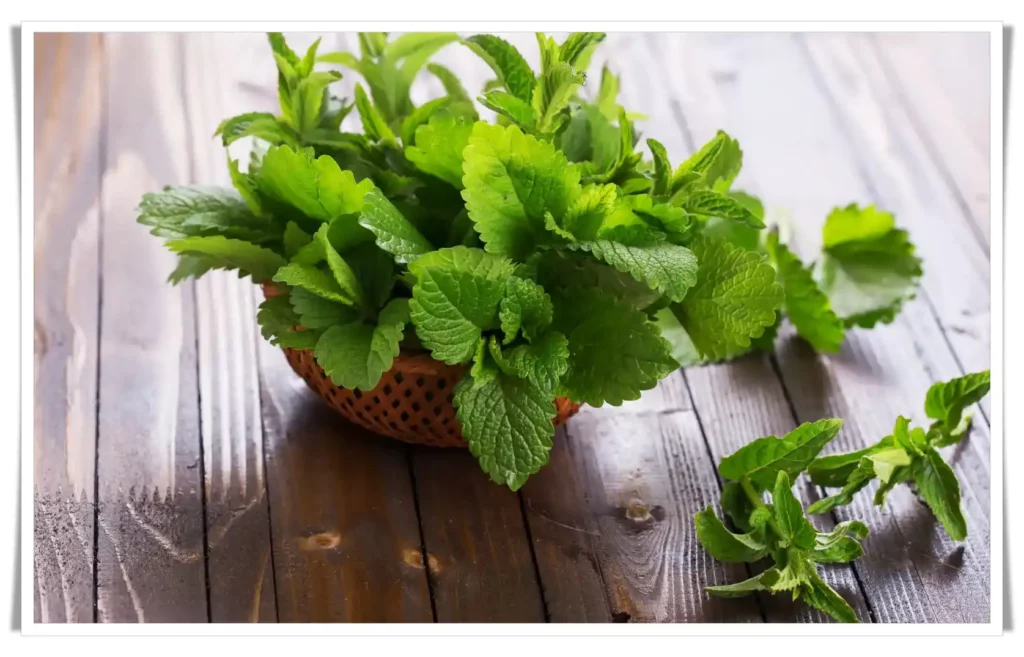
The Best Therapeutic Teas - part 2
Ginger Tea
Ginger tea is a type of herbal tea made from the root of the ginger plant (Zingiber officinale). It has a warm, spicy flavor and is often consumed for its potential health benefits.
Please watch the video: What Are The Best Therapeutic Teas?

The Best Therapeutic Teas - part 2
One of the most well-known benefits of ginger tea is its ability to aid in digestion. Ginger has been used for centuries to help relieve nausea, bloating, and other digestive issues. It is believed to work by increasing the production of digestive juices and enzymes, which can help to break down food and absorb nutrients more efficiently. Ginger tea may also help to reduce inflammation in the digestive tract, which can contribute to a range of digestive disorders.
In addition to its digestive benefits, ginger tea may also have other potential health benefits. Some research suggests that it may help to reduce inflammation and pain throughout the body, making it a potential natural remedy for conditions like arthritis and joint pain. Ginger tea may also have antioxidant properties and may help to improve circulation and boost the immune system.
Please watch the video: What Are The Best Therapeutic Teas?

The Best Therapeutic Teas - part 2
Ginger tea is generally considered safe when consumed in moderation. However, it is important to note that ginger can interfere with certain medications, such as blood thinners, and may not be suitable for everyone. If you are pregnant, breastfeeding, or have a history of allergies, it is always a good idea to consult with a healthcare professional before adding ginger tea to your diet.
Ginger tea properties
- Ginger tea is known to be a mild and soothing beverage that can help in reducing anxiety, relieve pain, and improve digestion.
- It also has anti-inflammatory properties and helps in relieving muscle aches and cramps.
- Rubbing fresh ginger on the skin can provide relief from insect bites, rashes, and other skin conditions.
- Ginger tea is known to be a good digestive aid.
- It is also known to soothe the stomach and relieve nausea and vomiting.
- It helps in resolving indigestion and gastritis.
Ginger is a powerhouse of health benefits and is often included in many recipes. However, the potential side effects are worth considering before adding ginger to your diet. It’s best to consult a healthcare professional if you have had an adverse reaction or reaction from certain medications in the past.
Please watch the video: What Are The Best Therapeutic Teas?
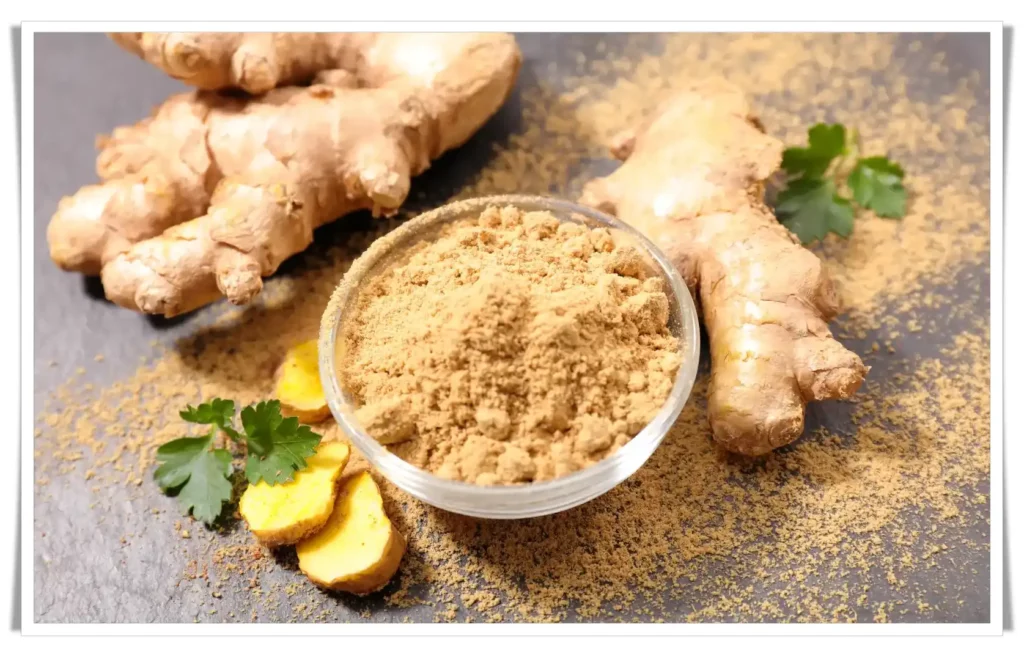
The Best Therapeutic Teas - part 2
Lavender Tea
Lavender is a flowering plant that is native to the Mediterranean region. It has a sweet, floral scent and is often used in products such as soaps, shampoos, lotions, detergents, candles (especially those with lavender essences), aromatherapy treatments…and more!
Please watch the video: What Are The Best Therapeutic Teas?

The Best Therapeutic Teas - part 2
According to folklore, lavender was favored by Egyptians because of its healing ability to quench thirst and calm the mind. The Romans also considered it an essential oil for healing wounds and skin irritations. In addition to these traditional uses, modern research has shown that lavender oil can help improve anxiety symptoms and depression relief; lower blood pressure; reduce stress-induced inflammation; promote relaxation; boost cognitive function and memory recall; protect against UV radiation damage; treat sleep disorders such as insomnia or restless leg syndrome (RLS); enhance athletic performance; promotes healthy skin appearance; helps relieve headache pain.
Lavender tea is a herbal tea made from the dried flowers of the lavender plant. It has a delicate, floral flavor and is known for its calming and relaxing properties. Many people drink lavender tea to help with sleep, anxiety, and stress.

One of the most well-known benefits of lavender tea is its ability to promote relaxation and improve sleep. The aroma of lavender has a soothing effect on the brain, which can help to reduce anxiety and promote a sense of calm. This can be especially helpful for people who have trouble falling asleep or who suffer from insomnia.
Lavender tea properties
- Lavender tea is a relaxant and can be used to relieve anxiety, stress, and tension.
- It can also be used as a sleep aid.
- It has anti-inflammatory and analgesic properties.
- Lavender tea is a great way to relax your mind and body.
- It is also used for skin care and is believed to be beneficial for asthma and other respiratory problems.
- It can also be used as a natural remedy for depression and menstrual cramps.
There is some evidence that lavender may be effective in treating alopecia areata. In a study of 96 people with this condition, those who used a lotion containing 5% lavender oil had significantly more hair regrowth than those who did not use the lotion. However, it is not clear if this effect was due to the lavender oil or to other ingredients in the lotion.
Dandelion tea
A dandelion is a perennial herb that can be found all over the world. It grows in soils with high levels of minerals and vitamins, and its taproot helps it to extract these nutrients. Dandelions are edible, and their young leaves and flowers are frequently used in salads or other dishes.
Dandelions have long been used as medicinal plants for treating a wide range of ailments, including liver problems, poor digestion, asthma symptoms, headaches, ringworm infections, etc. They also have anti-inflammatory properties which make them beneficial for people with joint pain or arthritis. Additionally, they are rich in antioxidants which help to protect the body against harmful toxins and free radicals.
The Best Therapeutic Teas - part 2
Please watch the video: What Are The Best Therapeutic Teas?

The Best Therapeutic Teas - part 2
Dandelion tea is a bitter and slightly sweet beverage that has been used for centuries as a health supplement. It is high in vitamins, minerals, and antioxidants, which makes it an ideal choice for people who are looking to boost their overall health.
Some of the benefits of dandelion tea include better digestion and improved liver function. It also helps to improve skin complexion by providing essential nutrients needed for collagen production and elastin synthesis. Additionally, it can help to reduce inflammation and pain due to conditions like arthritis or joint pain.
Dandelion tea may not be suitable for everyone, but those interested should consult with their doctor before starting any new diet or supplementation regimen.
Dandelion tea properties
- Healing Diuretic Effect
- Lowers Blood Sugar
- Gives Tons of Antioxidants
- Helps with Detox
- Lowers Cholesterol
- Promotes Weight Loss
- Lowers Blood Pressure
- High in Vitamins and Nutritious
Please watch the video: What Are The Best Therapeutic Teas?
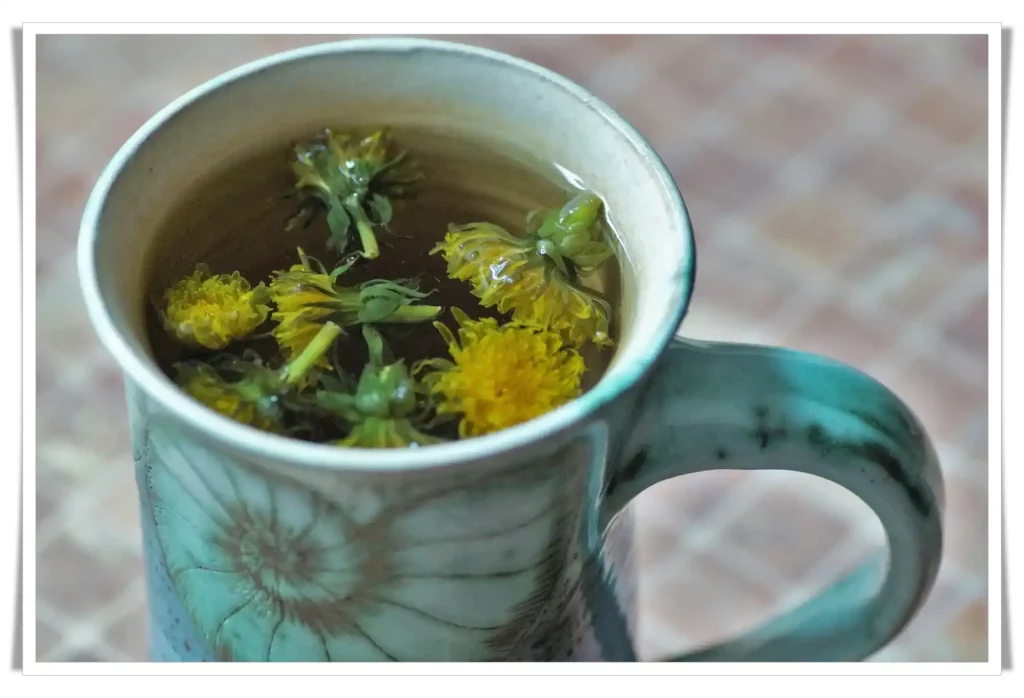
The Best Therapeutic Teas - part 2
One of the most well-known benefits of dandelion tea is its potential to support digestion. The leaves and roots of the dandelion plant contain a type of fiber called inulin, which can help to stimulate the growth of good bacteria in the gut and improve digestion. Dandelion tea may also help to reduce bloating and gas, and has been traditionally used to treat indigestion and constipation.
In addition to its digestive benefits, dandelion tea may have other potential health benefits. Some research suggests that it may have diuretic properties, which means it may help to increase urine production and flush excess fluids from the body. This can be helpful for people with edema, or fluid buildup, as well as for those looking to reduce bloating or water weight.
Please watch the video: What Are The Best Therapeutic Teas?
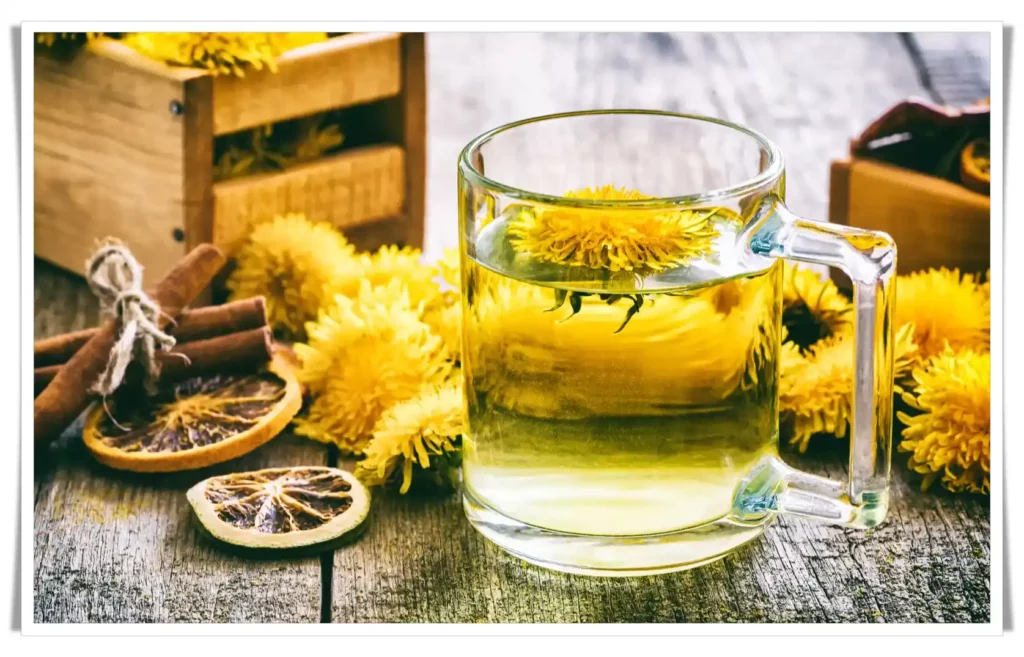
The Best Therapeutic Teas - part 2
Dandelion tea may also have antioxidant properties, which means it may help to protect cells from damage caused by free radicals. Some research suggests that dandelion tea may have anti-inflammatory properties as well, which may help to reduce inflammation in the body and potentially relieve pain.
It's important to note that most of the research on the potential health benefits of dandelion tea has been conducted in animals or in test tubes, and more research is needed to confirm its effects in humans. Additionally, it's important to speak with a healthcare provider before adding dandelion tea to your routine, as it may interact with certain medications or cause allergic reactions in some people.
Overall, dandelion tea is a popular choice for those looking to support digestion and potentially improve other aspects of their health. Its bitter, earthy flavor and potential health benefits make it a popular choice for many people.
There is some evidence to suggest that dandelion tea may have a blood sugar-lowering effect. In a study published in the Journal of Ethnopharmacology, dandelion root extract was found to significantly lower blood sugar levels in rats with diabetes.
Please watch the video: What Are The Best Therapeutic Teas?
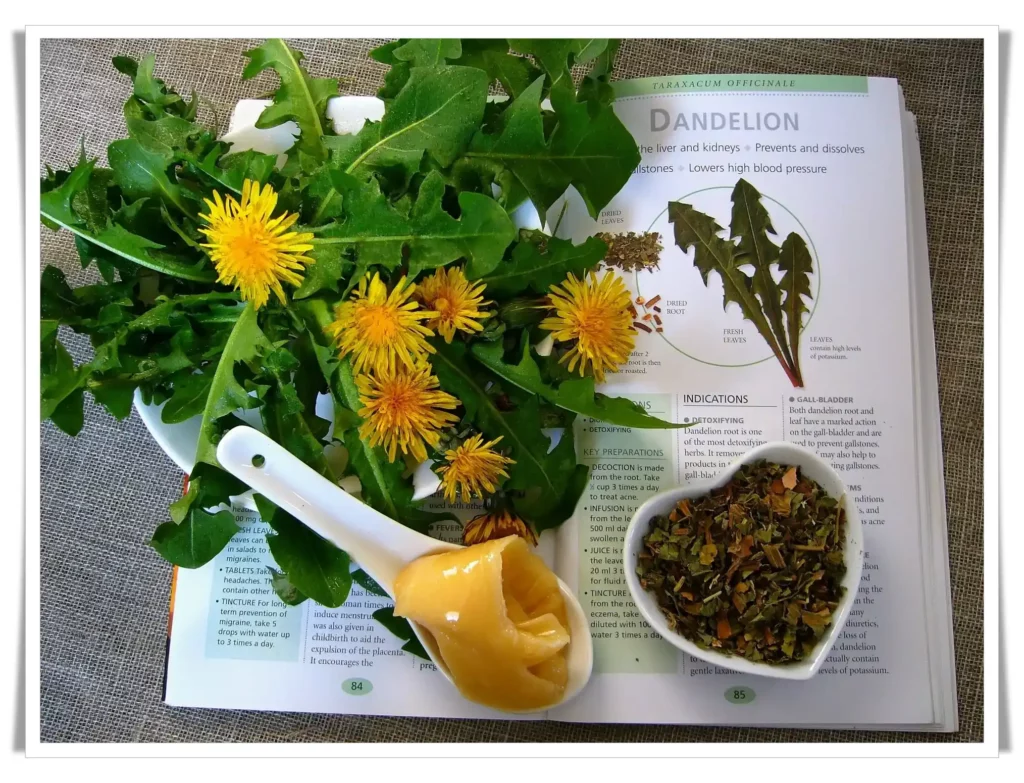
The Best Therapeutic Teas - part 2
The specific nutrient content of dandelion tea will depend on the part of the plant used and how it is prepared, but some of the vitamins and minerals that may be found in dandelion tea include:
- Vitamin A: Dandelion leaves and flowers are a good source of vitamin A, which is important for vision, immune function, and skin health.
- Vitamin C: Dandelion leaves and flowers are also a good source of vitamin C, which is important for immune function and collagen production.
- Potassium: Dandelion roots and leaves are a good source of potassium, which is important for maintaining healthy blood pressure and regulating heart function.
- Iron: Dandelion leaves are a good source of iron, which is important for carrying oxygen to the body's cells.
- Calcium: Dandelion leaves are a good source of calcium, which is important for strong bones and teeth.
- Magnesium: Dandelion roots and leaves are a good source of magnesium, which is important for energy metabolism and nerve function.
It's important to note that the nutrient content of dandelion tea may vary depending on how it is prepared and the part of the plant used. Additionally, it's important to speak with a healthcare provider before adding dandelion tea to your routine, as it may interact with certain medications or cause allergic reactions in some people.
Overall, dandelion tea is a good source of a number of vitamins and minerals and may provide a range of potential health benefits. However, it should be consumed as part of a balanced diet and in combination with other healthy lifestyle, behaviors to ensure optimal nutrition and overall health.
Yarrow Tea
Yarrow is a member of the Asteraceae family and is known for its medicinal properties. It has been used as a herb for hundreds of years to treat respiratory problems, skin ailments, gastrointestinal issues, anxiety and depression, and more.
Please watch the video: What Are The Best Therapeutic Teas?
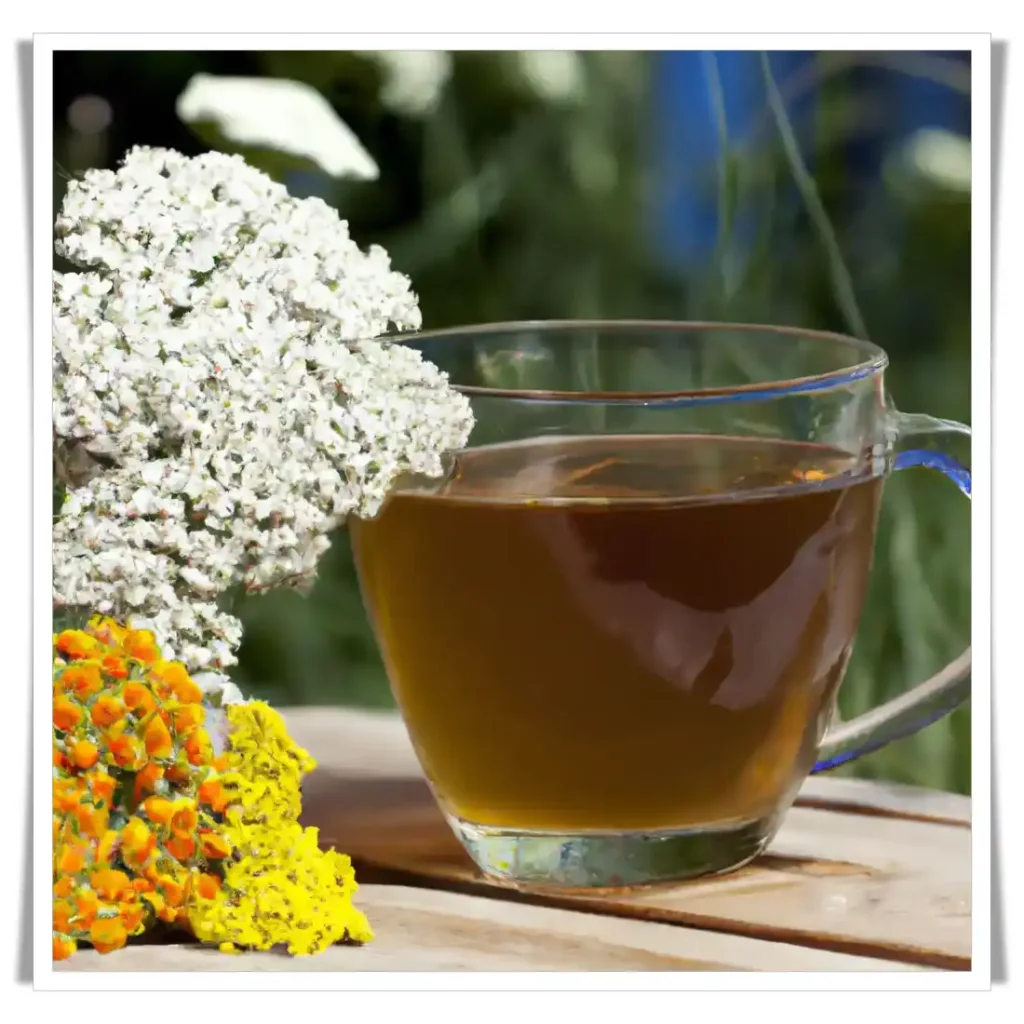
The Best Therapeutic Teas - part 2
Yarrow contains flavonoids such as chrysin which have anti-inflammatory properties. Additionally, it also contains salvinorin A which is an NMDA receptor antagonist that has shown potential in treating opioid addiction. In addition to these therapeutic effects, yarrow can help improve cognitive function due to its ability to boost serotonin levels in the brain. Lastly, yarrow may be beneficial for fertility due to its high content of hormones like estrogen and progesterone.
There are many different ways that you can enjoy yarrow tea; some people steep it by themselves or add dried flowers or herbs for flavor.. so there's definitely no harm in giving this herbal drink a try!
Yarrow Tea

The Best Therapeutic Teas - part 2
Yarrow Tea is a type of herbal tea that has various properties that can be beneficial for your health. It contains flavonoids, which are antioxidant compounds that have anti-inflammatory and antimicrobial effects. Additionally, it is rich in calcium, potassium, magnesium, and vitamins B1 (thiamin), B2 (riboflavin), niacinamide, folic acid beta carotene complex as well as other minerals like zinc.
The main active ingredient present in Yarrow Tea is epigallocatechin gallate (EGCG). EGCG has been shown to possess numerous benefits for human health including reducing inflammation and promoting joint healing. In addition to this, EGCG also inhibits the growth of cancer cells while protecting cell membranes from damage.
Therefore yarrow tea may help improve overall immune system function while providing relief from various symptoms associated with inflammatory conditions or diseases such as arthritis or asthma.
Yarrow tea properties
- Anti-inflammatory properties
- Depurative properties
- Calming properties
- Healing properties
- Antiseptic properties
- It strengthens the immune system
- It favors digestion
The Best Therapeutic Teas - part 2
First of all, yarrow tea can be used in cases of colds and flu, because it helps to lower the fever and calm the cough. Yarrow can relieve headaches and strengthen the immune system.
Tea favors sweating and leads to a decrease in body temperature, which can be used as an adjuvant in the case of seasonal flu. Thanks to its astringent properties, mouse tail tea can remove watery eyes, making it a promising aid in the treatment of mild infections.
Please watch the video: What Are The Best Therapeutic Teas?

The Best Therapeutic Teas - part 2
Yarrow tea has a good effect on the digestive problems that occur after contact with poisonous substances, it can also be used to relieve cramps.
It is believed that yarrow regulates blood areas and helps in general fatigue – both physical and mental. This plant enables higher concentrations of minerals such as calcium or magnesium because they are located fairly close to our body composition where we need them most frequently during exercise or stress – said Professor Karl Jäger, author of “Healing Plants”.
If you have questions or want to comment, please leave them below and I will answer as soon as I can. Thank you for reading ''What Are The Best Therapeutic Teas? ''






Great information, thank you such a nice information and itsso use full and helpful. Kind regards Carpet cleaning services in dubai
Wow, awesome blog format! How long have you been blogging for?
you made blogging glance easy. The entire look of your site
is wonderful, let alone the content! You can see
similar: sklep online and here sklep internetowy
lipitor 40mg cheap order atorvastatin 10mg online cheap buy atorvastatin 20mg generic